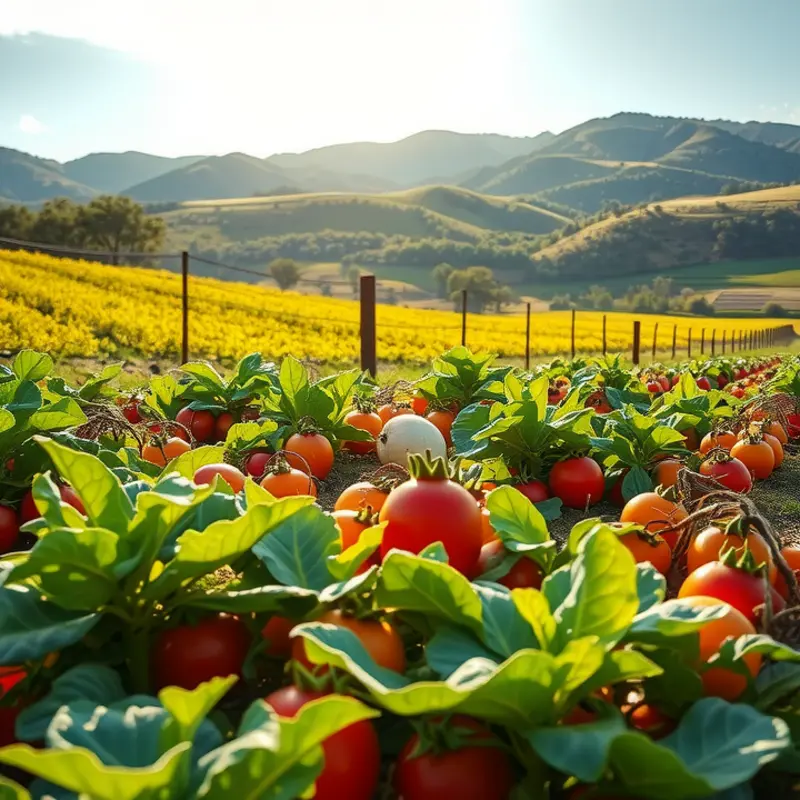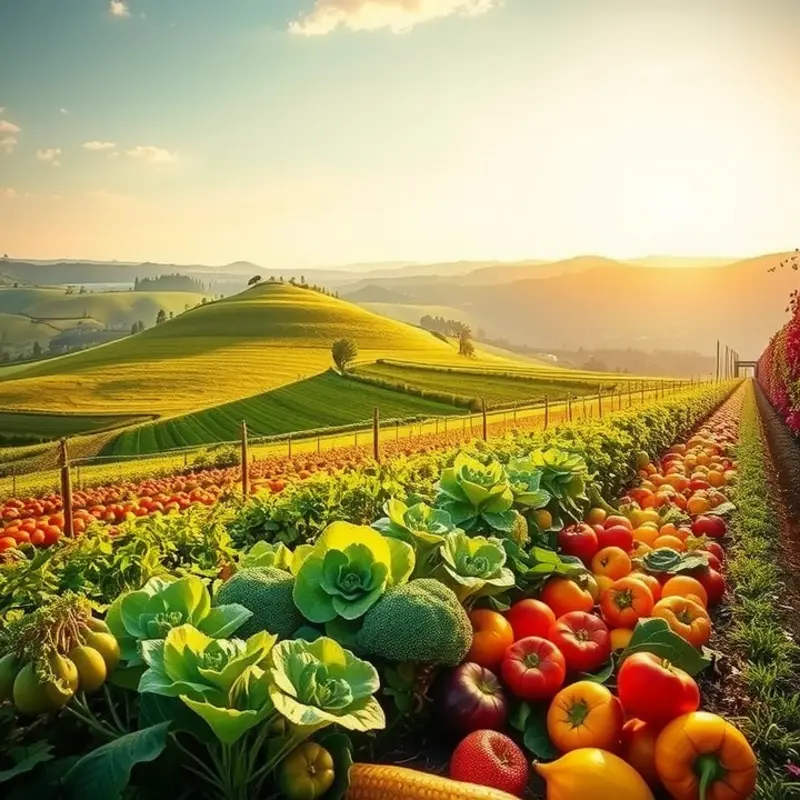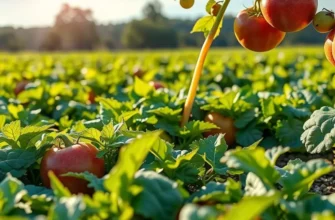Kitchen waste management is crucial for every household looking to reduce environmental impact and save money. With these practical tips, you can master the art of food storage and management, ensuring your kitchen remains organized while minimizing waste. This guide aims to help you implement straightforward techniques that enhance food longevity, streamline meal prep, and promote sustainability at home.
Maximizing Food Longevity: Smart Storage Techniques

Effective storage is critical to maximizing the longevity of your groceries, reducing waste, and maintaining fresh ingredients. By employing the right storage techniques, you can make your purchases last longer. First, identify the appropriate containers for different food items. Use airtight glass or plastic containers to keep produce crisp and reduce spoilage. For dry goods like grains or pasta, opt for stackable square containers—these save space and maintain ingredient freshness.
Temperature settings in your refrigerator and freezer significantly affect the lifespan of your groceries. Store dairy products at the top shelf, where temperatures remain consistent. The lower shelves are best for raw meats, securely wrapped or stored in airtight containers to prevent cross-contamination. Vegetables and fruits should occupy specific drawers—the crisper drawer maintains optimum humidity for vegetables, while the low-humidity drawer suits fruits better.
Efficient organization within the refrigerator is just as essential. Arrange foods with first-in, first-out principles. By placing older items at the front, you reduce the likelihood of forgetting them and prevent waste. Labeling items with dates can also remind you when to use them.
For dry storage, the pantry should be a carefully curated space. Keep items ordered by type and frequency of use. Place commonly used items at eye level for easy access, and less-used ingredients on higher or lower shelves.
Freezer storage deserves special attention too. When freezing foods, ensure they are wrapped tightly, eliminating air pockets which can cause freezer burn. Label and date all frozen items to track their shelf life easily. Pack the freezer strategically, with items you use frequently towards the front.
Creating a sustainable kitchen also involves thinking about eco-smart practices. Use reusable storage solutions, such as silicon bags or beeswax wraps, to minimize single-use plastics. This aligns with eco-smart kitchen storage methods that not only extend the longevity of food but are also environmentally friendly.
Ultimately, adopting these smart storage techniques extends the lifespan of your groceries. It involves a little planning, but the efforts preserve freshness, reduce waste, and save money in the long run. Use these strategies as a foundation for your food management practices. Explore new ways to innovate in your kitchen with sustainable habits.
Efficient Meal Planning: Waste Reduction Strategies

Crafting an effective meal planning routine is indispensable for minimizing kitchen waste. By balancing your family’s nutritional needs and preferences with a structured plan, you can lower unnecessary food waste significantly. Start by assessing the ingredients you have on hand, taking note of perishables that must be consumed quickly.
Once you have an idea of what you already own, create a weekly meal plan. Focus on meals that leverage these ingredients, ensuring they’re utilized before they spoil. Integrating recipes from various cuisines can maintain interest and variety while efficiently using diverse pantry items. For inspiration on this, check out our minimal prep dinner ideas, which can spark creativity without extensive preparation.
After planning your meals, draft a shopping list. Precision here is critical—list ingredients required for your planned recipes and quantities that match your family’s consumption rate. It’s a good practice to stick to your list while shopping to avoid impulse purchases that often lead to surplus waste.
Incorporating leftovers wisely into your meal plan is another vital strategy. They can become integral to new dishes, minimizing waste and curtailing food expenses. For example, roast chicken leftovers could be perfect for salads or soups the next day. Ensure leftovers are stored safely to maintain their quality and edibility. Refresh your knowledge about safe storage practices by reading relevant guides.
Spontaneous recipes can also reduce food waste. Allow some flexibility in your weekly plan to convert surplus produce into smoothies, casseroles, or stir-fries. This adaptability ensures you utilize all perishable items while providing an opportunity for culinary creativity.
Batch cooking meals that can be partially refrigerated or frozen is an excellent long-term strategy. It not only reduces daily cooking time but also enables you to manage serving sizes. By doing so, you can avoid cooking more than needed, which is a frequent contributor to waste.
Finally, regularly review and adjust your meal planning strategies. Take stock of what’s working and what needs refinement. Enlist family feedback on meals, exploring preferences that minimize waste while satisfying everyone’s taste buds.
By consistently implementing these strategies, you harness an efficient meal planning system that significantly reduces kitchen waste—both for the planet and your pocketbook.
Final words
Managing kitchen waste effectively not only benefits the environment but also reduces costs and fosters better food practices within your home. Implementing the tips outlined in this article can make a substantial difference in how you store and use food. By maximizing food longevity and engaging in thoughtful meal planning, you can minimize waste dramatically. It’s time to take control of your kitchen environment, ensuring it is efficient, organized, and sustainable. Every small step you take will contribute to a larger impact, leading to a healthier planet and a healthier you.







